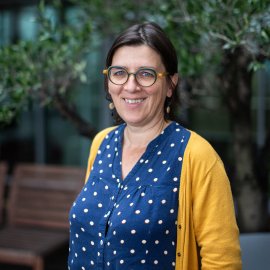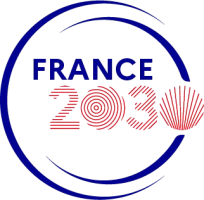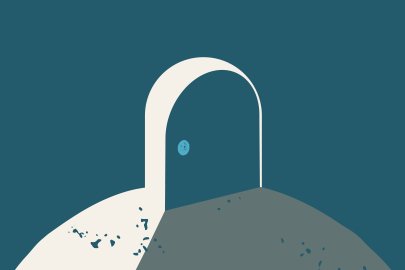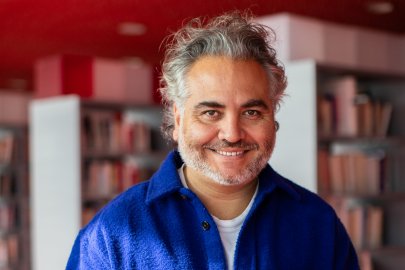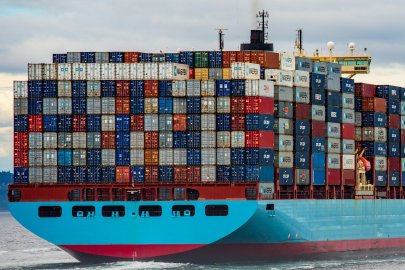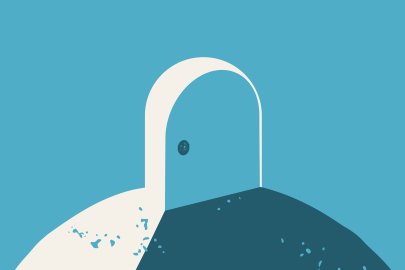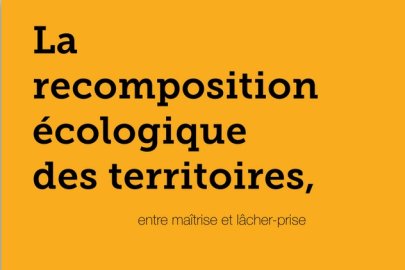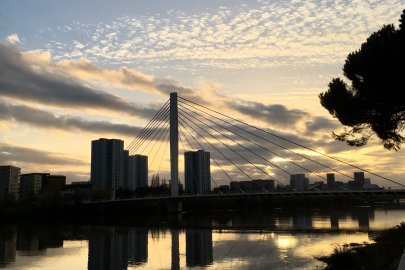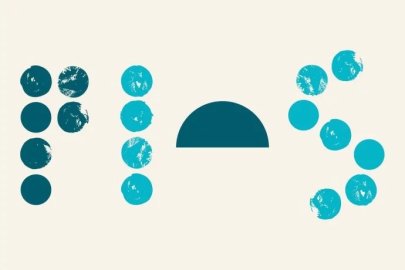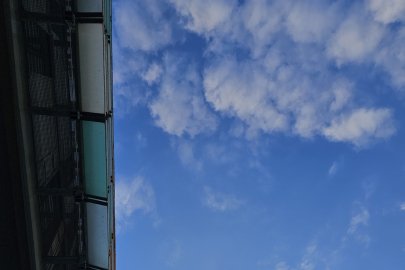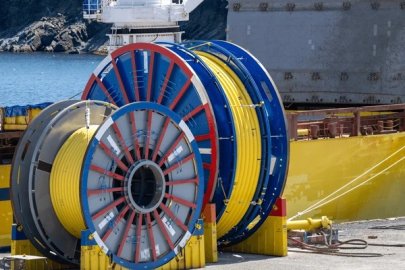The Urban Planning Agency for the Nantes Region (AURAN), the École nationale supérieure d'architecture de Nantes (ENSA), KERAN, and the Institut d'études avancées in Nantes are pleased to welcome Verónica Calvo Valenzuela as the second resident of the research chair Living within Planetary Boundaries for the 2025–2026 period. She will arrive in Nantes as early as September for the academic year.
This chair reflects a commitment to fundamentally rethinking ways of inhabiting the Earth in response to today’s environmental upheavals. Through her residency at the Institute, Verónica Calvo Valenzuela aims to contribute to a collective reflection on new ways of living that respect planetary boundaries, by developing a rigorous, sensitive, and transdisciplinary methodology.
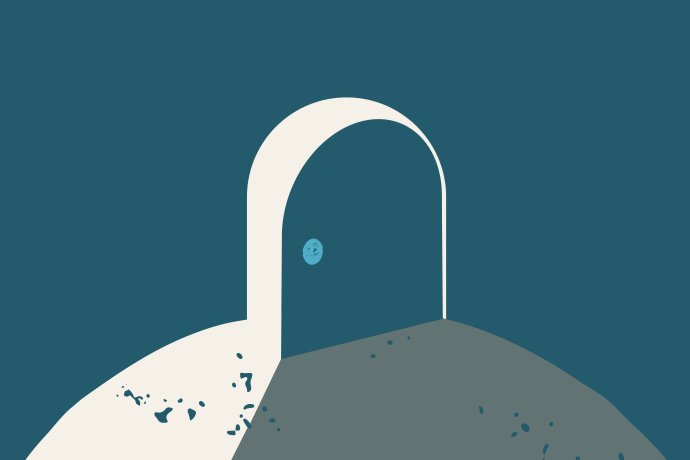
Research Project
Titled The Last House: Integrating Anthropology and Earth Sciences to Understand Habitability in the Urban Critical Zone, Verónica Calvo Valenzuela’s research explores the relationship between biogeophysical dynamics and social forms of inhabiting. Drawing on Critical Zone sciences—Earth sciences that study the thin, dynamic layer at the surface of the planet where life unfolds—she proposes to enrich this perspective through an anthropological lens on collective modes of existence.
Her work is closely tied to the Where to Land? workshops, which she co-developed at the Collège des Bernardins in dialogue with Bruno Latour. These workshops—also to be conducted during her residency in Nantes—invite local stakeholders (urban planners, architects, city designers) to identify the social, emotional, economic, and biophysicochemical interdependencies that shape their relationship with inhabited environments. By combining these workshop practices with the research conducted at the Urban Critical Zone Observatory of Nantes (ONEVU), the project aims to reframe the act of inhabiting within a broader reflection on terrestrial habitability.
Biography
Bolivian and Spanish, Verónica Calvo Valenzuela holds a PhD from the Paris Institute of Political Studies (Sciences Po). Her dissertation, defended in 2017, focused on the role of territory and land in processes of subjectivation in the Southern Andes of Bolivia. After working as a temporary teaching and research assistant at the University of Paris-Est Créteil, she joined the Where to Land? workshops team in 2019, committing to a long-term interdisciplinary research project on the ecological grounding of human collectives.
Between 2021 and 2024, the workshops were hosted at the Collège des Bernardins within a research chair in environmental humanities. Following this period, she began collaborating with critical zone researchers with the aim of developing an anthropological research protocol at the scale of their observatories, notably within HYBAM (the Geochemistry and Hydrology Observatory of the Amazon Basin in Brazil and Bolivia).
